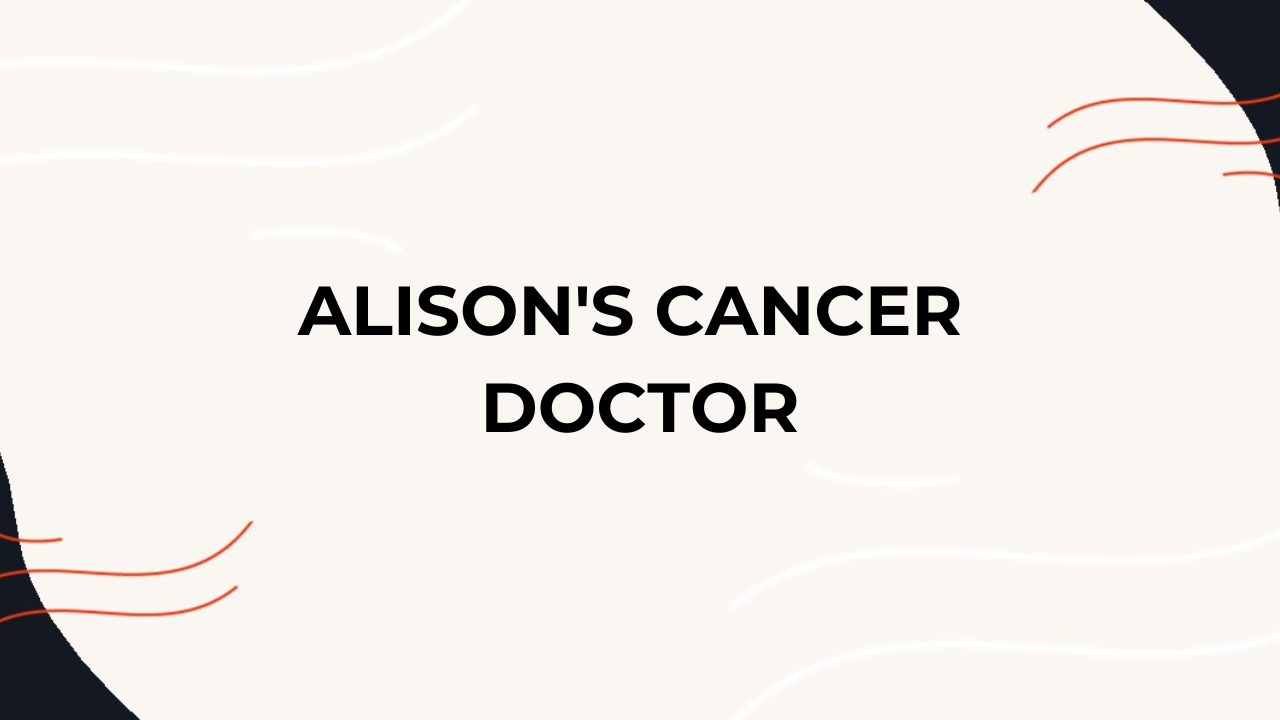Here’s the embarrassing story about how I chose the oncologist to treat my wife’s cancer.
—
We don’t buy things as a result of good decisions made with complete evidence.
Instead, we trick ourselves into thinking we’re making educated decisions. It’s embarrassing. You won’t want to admit it. I certainly don’t.
Understanding how people actually buy stuff will help you do less, and get more out of it because, as we’ve already learned, not doing something that isn’t worth doing is a wonderful way to spend your time.
—
I thought that I had found the best otolaryngologist (ear, nose, and throat cancer doc) to treat my wife’s thyroid cancer. Upon getting the diagnosis, we called a doctor friend and asked him for a referral. He passed along the name of Dr. E saying “I’ve heard he’s the best”. We then worked tirelessly to get accepted by Dr. E.. No other otolaryngologist mattered. It had to be Dr. E..
Here’s some stuff I ignored at the time:
~Our friend’s an addiction psychiatrist, not a cancer doc.
~Our friend’s never had cancer and nobody he knew personally had been treated by Dr. E..
~We never checked Dr. E.’s references.
~We assume Dr. E. went to school but never checked and don’t know where or what designations he has.
~We don’t know if Dr. E. has ever published any scientific papers.
Writing this out makes me feel wildly irresponsible.
All of the things Dr. E. probably considers important (schooling, credentials, continued education, past successes, and published papers) were things I ignored when deciding to hire him. He probably had a bunch of letters behind his name. I didn’t notice them. If I saw them, they were gobblygoop, meaningless alphabet soup.
In our world, we know what makes us reputable. We’ve done the courses and put in the work. Our clients don’t live in our world though, they live in theirs.
While the same knowledge and experience that makes you reputable might help you get your clients results, it won’t help you get those clients in the first place.
—
Dr E. ended up being a good doctor. My wife got the treatment she needed. Fuck cancer, it’s gone.
Still, I can’t help but think that if this was how I chose a professional to help in the most extreme of circumstances, how bad must my actual day-to-day decision-making criteria be. I consider myself well-educated. I mean geez, I write books that smart people like you read that only occasionally include sexual innuendo and jokes about fictional characters making out with their sisters. Also, is that a new haircut? You look fabulous today. Looks and brains, you have it all! And yet, even though I’m a guy who writes books about this stuff, my reasons for hiring arguably the most important person in my family’s life were terrible.
The problem isn’t that we don’t want to make good decisions, it’s that we simply can’t. There’s too much to know. How can you, or your client, be expected to gauge quality in a field they’re unfamiliar with? The internet doesn’t help. Anybody can say anything on there. Who knows what’s true and what isn’t. That, and ain’t nobody got time for that shit.
We like to think that we make rational decisions but, as the Nobel Prize winner Herbert Simon identified when he called for psychological realism, we don’t. Instead, we kinda cheat in an attempt to make the majority of our decisions.
There’s just too much to do. Life’s too busy. Figuring out how to solve a problem is often as big as the problem itself. When I had my first son I adopted the mantra ‘who can I pay to make this go away?’ My time is better spent with my family, on my fitness, and on my work. Anything else is an annoying distraction I want to go away as quickly and with as little thought as possible.
It’s natural to look for ‘good enough’ solutions. This is nothing to be embarrassed about. In most cases, ‘good enough’ is fine to solve problems. This includes your coaching. Now brace yourself, because I’m about to kick you in the ego nuts: A lot of people can get your clients results that they’d be happy with.
To your clients, before they become your clients, you are not as special as you think you are. Neither am I. Neither is PhD Peter Peterson who everybody admires because he knows so much and isn’t it annoying that his name alliterates?
When humans have problems, they look for ‘good enough’ solutions. We don’t buy things because we think that they’re the ‘best’. We just tell ourselves that. In actuality, we want easy and we want to trust whatever we’re buying isn’t bad. We satisfice.
There’s a wrinkle in this conversation though. We’re actually a combination of maximizer and satisficer. In a few select areas, we do maximize. You are likely a maximizer in the area of expertise that you’re a coach in. You know what matters and what doesn’t and what constitutes a good, rational decision. But if you’re honest with yourself, you kind of bullshit yourself to believing you’re making a good decision in almost everything else. It’s cool, we all do it.
Your clients are the same as you in that they likely maximize in something they’re an expert in, and satisfice in most everything else––including your expertise. This concept: the juxtaposition between satisficing and maximizing, cuts at the core of coaches frustrations when they complain about how clients ‘just don’t get it.’
You’re too close to your own world.
You know the designations and qualifications that matter.
Your clients don’t.
Get educated so you can help people but don’t expect your education to help you get people to help.










